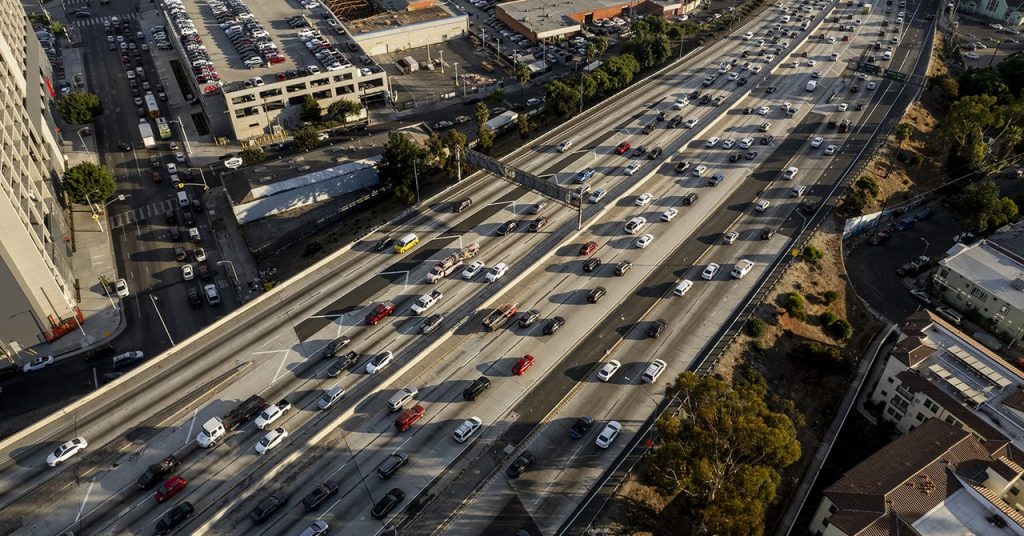The Unintended Consequences of Combating Climate Change
The Aerosol Paradox
In the noble pursuit of curbing climate change, humanity faces an unexpected dilemma. By reducing greenhouse gas emissions, we inadvertently decrease the amount of planet-cooling aerosols—tiny particles of pollution that reflect sunlight back into space. This phenomenon is akin to applying sunscreen to the Earth, providing a temporary reprieve from the sun’s intense rays.
The primary culprit in fossil fuel pollution is gaseous sulfur dioxide, which forms short-lived aerosols in the atmosphere. Unlike carbon dioxide, which lingers for centuries, these aerosols dissipate within days. Consequently, cutting pollution has a nearly instantaneous impact on the Earth’s temperature.
Record-Breaking Temperatures and the Greenhouse Blanket
The catch-22 of reducing aerosols while combating climate change is undeniable, but it should not deter efforts to minimize pollution. Fossil fuel aerosols have already contributed to record-breaking temperatures, with March 2023 being the hottest March on record and 2023 on track to be one of the warmest years ever recorded.
“The preponderance of those records and the margins by which they were broken was eye-opening,” says Jennifer Francis, senior scientist at the Woodwell Climate Research Center in Massachusetts. “Until society manages to stop increasing the greenhouse blanket, record-smashing events like those in 2023 will become more common, even without the boost from El Niño.”
The Path to Limiting Global Warming
Efforts to slow the growth of the insulating greenhouse blanket are already underway. Scientists suggest that we are approaching a peak in global carbon emissions, with projections indicating that keeping warming below the 1.5-degree Celsius limit established in the Paris Agreement is still possible.
The Debate on Accelerated Warming
While some scientists argue that the reduction in aerosols has led to an acceleration in global warming, others, like climate scientist Michael Mann of the University of Pennsylvania, attribute recent temperature fluctuations to natural variability. Mann emphasizes that the steady, long-term warming caused by human activities should be the primary concern.
“Think of it as a tide on top of a rising sea,” Mann says. “The rising sea—the steady warming—is what we should be concerned about, and that will continue until net emissions reach zero.”
The Urgent Need for Action
Regardless of the ongoing debate surrounding the impact of aerosol reduction, the scientific community agrees on one crucial point: humans must stop burning fossil fuels. The relentless global warming caused by the thickening blanket of greenhouse gases is an undeniable reality that demands immediate action.

5 Comments
Isn’t it shocking how every solution seems to dig us deeper into the climate crisis?
Who knew being eco-friendly could backfire like this? Talk about a plot twist!
So, we’re trying to save the planet, but somehow we keep scoring own goals? Classic humanity!
Well, buckle up, because this paradox is turning our green efforts into a rollercoaster ride!
Call it irony or a twisted fate, but our attempts to cool the planet might just be turning up the heat!